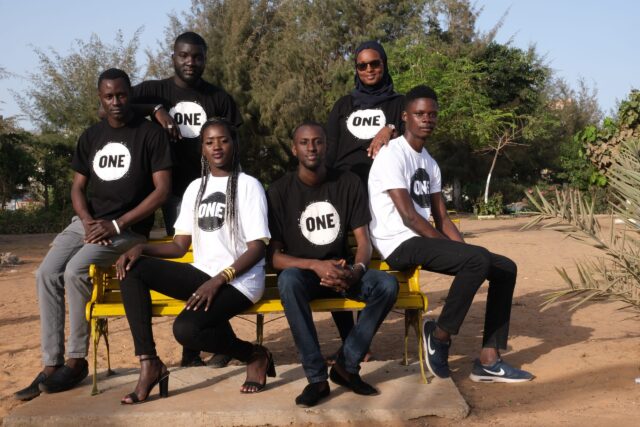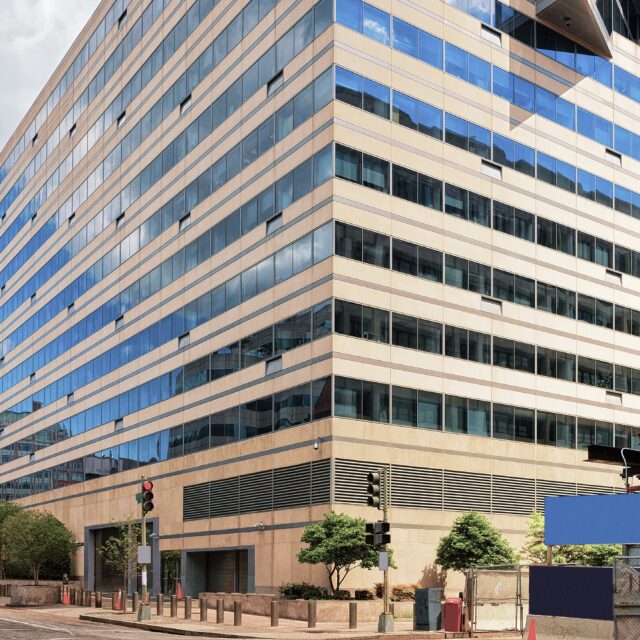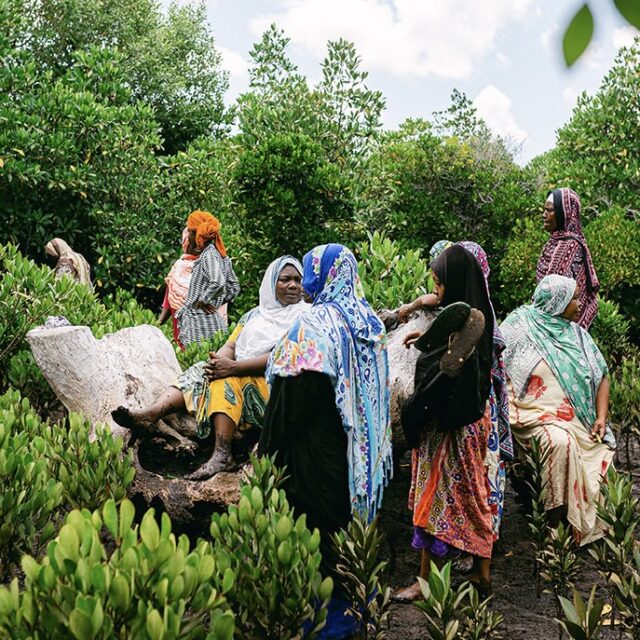Since June 2019, ONE and our partners have been calling for the sexual assault laws in Senegal to be dramatically improved in order to protect women and girls from gender-based violence. The campaign grew quickly through a new petition and partnerships with local groups. We engaged supporters by email, social media, blog posts, and on-the-ground activity — with more than 97,000 people from across the globe joining our calls.
And we’re proud to say all our efforts have led to a new law that will increase the level of punishment of those convicted of rape.
“This is a huge victory for the activists who have fought tirelessly to see this change in Senegal,” activist and artist Black Queen explains. “Finally, the government recognises the horrific impact of sexual and gender-based violence on women and girls, and treats this as the serious crime that it is. I am proud to have been able to support the ONE Campaign, and I hope other countries will take notice, follow suit, and join us to say ‘enough is enough.’”
Here’s how it all happened, what the law signifies, and what comes next.
Demands for action in Senegal
In May 2019, there was a massive public outcry after two young Senegalese women, Bineta Camara and Coumba Yade, were raped and murdered. Hundreds of people took to the streets demanding justice and action to combat gender-based violence in Senegal, including changes to the law, which only considered rape a minor offence.
ONE turned anger into action by starting a campaign to petition the government to change its outdated laws. Alongside the DOYNA Collective, DafaDoy coalition, JGEN Senegal, and Black Queen, we advocated for rape to be recognised as a serious crime.
We’re joining ONE Champion @BlackQueenSN in calling on the Senegal government to criminalise rape. Sign the petition now: https://t.co/7avifOtYmS #StopSexualViolence #Doyna pic.twitter.com/thPuJ61bGt
— ONE (@ONECampaign) June 14, 2019
In December 2019, ONE and JGEN Women Global Entrepreneurship — which is a women’s association that fights against gender-based violence in Senegal — organized a multi-stakeholder meeting with advocates and government representatives. The stakeholders discussed the amendments made on the law and what those changes meant.
Meanwhile online, Black Queen and other activists like Eileen Smith shared their stories to break down stigmas and demand change. “Every economy depends on the productivity of the people. But when there is a disease in the system — and yes gender-based violence is a disease — the system will become infected and suffer,” wrote Smith.
Movement on the government level
We took the petition directly to President Macky Sall and in response, the government announced it would draft a new law to deal with the issue.
In early December, an amended version of the current legislation was developed. Shortly after, Parliament debated and voted for a new law criminalising rape and recognising it as a serious crime.
On 10 January, President Sall formally signed the amended legislation into law. Under the amended law, convicted felons will receive a minimum of 10 years and a maximum of life.
On the day of the vote, female parliamentarians — regardless of their political affiliations — dressed all in white to mark the significance of the revised law and to stand in solidarity with the women’s movement. The president of the National Assembly, Mustapha Niasse, joined the cause as well by wearing a white boubou.
What comes next?
This new law is groundbreaking and signals significant progress. It offers hope for efforts to break down the cultural taboo and stigma in Senegal around sexual assault and gender-based violence.
“But the fight is far from over,” explains ONE’s Francophone West Africa Director Oulie Keita. “The challenge now is to implement this new law and put in place the necessary measures for it to succeed nationally, regionally and locally.”
In that perspective, ONE in Francophone West Africa is securing meetings with key actors at government level to touch on the accompanying measures to the law criminalizing rape.
ONE will continue to work closely with partners and grassroots groups to make sure that everyone, everywhere across Senegal knows how this new law will help step up the fight against sexual violence.
We couldn’t have achieved this massive step without ONE supporters in Senegal and all over the world. As we move forward, we will make sure this new law will help support survivors, bring justice to victims and educate communities.



